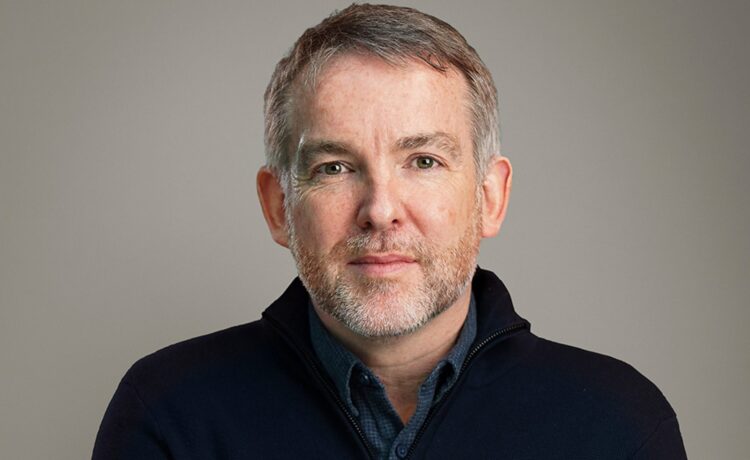I wanted to update you on changes we’re introducing in network television commissioning to support the BBC’s commitment to make the biggest possible impact right across the UK.
Today, the BBC is already by far the biggest commissioner of television programming outside London, investing almost £1bn pounds each year in high-quality commissions across the UK – including Doctor Who, Silent Witness, Match of the Day and Shetland – that support tens of thousands of jobs.
In fact, today we spend more than 60% of our total network budgets outside London – the highest-ever level.
Over the last three years – as part of the BBC’s Across the UK initiative – we’ve also been working harder than ever to ensure the stories we tell authentically capture the identity and flavour of different parts of the UK. In all, we‘ve delivered more than 100 drama and comedy series over that period set outside London – way beyond the original target. Think Blue Lights, This City is Ours, Gavin & Stacey, Only Child, Sherwood and Responder.
Although we’ve made plenty of progress, we are announcing a further step today to ensure the BBC’s network investment in regional production makes the biggest possible impact on the ground – in terms of skills, spend and opportunity.
In order to do this, we’re introducing changes to our commissioning approach outside London that go well beyond the existing ‘qualifying criteria’ for regional production that our regulator, Ofcom, uses to assess how we’re delivering on our public commitments.
Ofcom’s criteria for what counts as an ‘out of London’ production is complex, reflecting the fact that shows often draw on talent and expertise from different parts of the UK. It considers three big factors: where the show’s production office base is located, where the show’s production budget is spent and where the majority of the talent working on a production live day-to-day.
But a show does not need to qualify on all three counts in any one nation or region to be deemed to originate from that area. In fact, in a small number of cases, a show could be categorised as being Scottish, Welsh or Northern Irish under the Ofcom criteria solely on account of the location of its production office (even though most of its budget may be spent in other UK regions).
We want to tackle this head on and go beyond Ofcom’s industry-wide standard. In future, we will not typically commission a new network production regionally unless we are confident it will invest at least 70% of its production budget locally and/or draw significantly on local programme-makers and crew to produce the show. We will work closely with our partners in the independent sector to make sure we step through this approach carefully, recognising that some shows have very specific editorial, talent or production requirements. We will publish our progress in delivering this commitment each year.
In Wales, Scotland and Northern Ireland, our goal is to ensure we always meet our commitment to spend at least 17% of our network TV budgets across the three nations without any reliance on productions that may have local offices, thereby meeting Ofcom’s criteria, but do not spend a significant amount of their production or talent budgets in that nation. Again, we’ll be transparent about the progress we’re making each year.
Delivering this change will take a little time – TV commissioning cycles can be as long as three years. But at a time of real challenge for many independent production companies and freelancers, we believe these changes will ensure we deliver the biggest possible creative, skills and economic impact right across the UK.
Thanks for reading
Rhodri Talfan Davies
Director, BBC Nations





